Únase a getAbstract para acceder al resumen.

Únase a getAbstract para acceder al resumen.
Darby Checketts
Leverage
How to Create Your Own "Tipping Points" in Business And in Life
Career Press, 2006
¿De qué se trata?
Use the right leverage to rise above your problems, reach your goals and live a fulfilling, successful life.
Recommendation
Darby Checketts uses Greek mathematician Archimedes’ theory of leverage as a metaphor for finding levers you can use to lift your burdens and successfully meet life’s challenges. He fleshes out his fairly elementary but heartfelt “25 Keys to Greater Leverage” with anecdotes, personal reflections and stories, often returning to a faith-based theme. Checketts assumes that you’ve read Malcolm Gladwell’s bestseller The Tipping Point, which he cites on the cover, but his other references are even more familiar. His self-help advice is philosophical, more than it is actionable, though he does tell you some concrete steps to take, mostly upward. getAbstract recommends this straightforward text to those seeking inspiration and guidance.
Summary
About the Author
Darby Checketts and his wife founded a professional development company in 1985. He has consulted with hundreds of companies in 25 countries. He developed the “Customer Astonishment” program to help his clients understand leverage. He has written six books, including Customer Astonishment and Dancing in Peanut Butter.









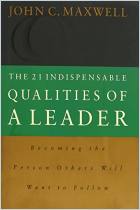

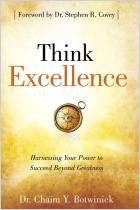
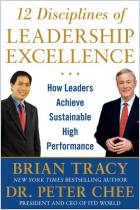
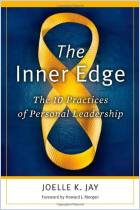
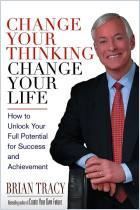



Comment on this summary